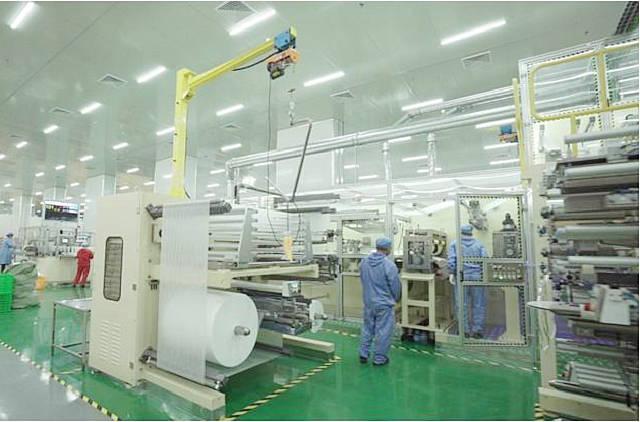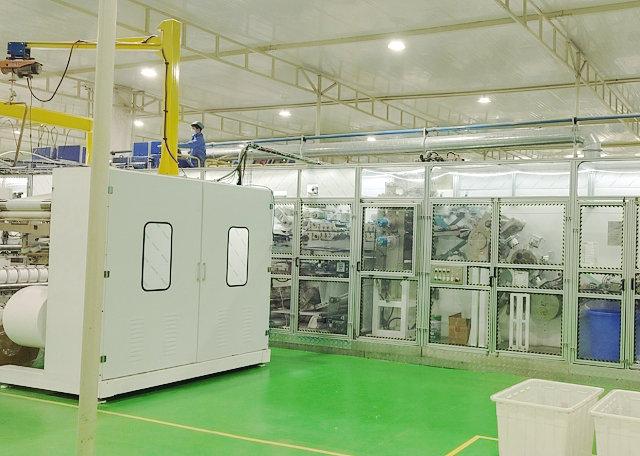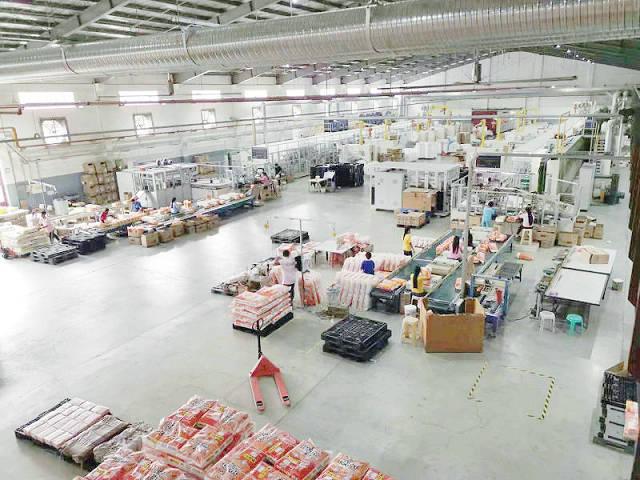Author:Haina Machinery Factory FROM:Diaper Machinery Manufacturer TIME:2023-09-21
The sanitary pad industry plays a crucial role in women's health and hygiene. Sanitary pads, also known as menstrual pads or sanitary napkins, are widely used by women during their menstrual cycles. The production of sanitary pads requires efficient and versatile machines that can meet the demands of the industry. In this article, we will explore the versatile applications of sanitary pad machines and their importance in the hygiene product industry.

Sanitary pad machines are designed to streamline the production process, ensuring efficient and high-quality output. These machines can produce a large number of sanitary pads in a short amount of time, meeting the demand of the market. The advanced technology incorporated in these machines allows for precise cutting, shaping, and assembly of the different components of sanitary pads. By automating these processes, manufacturers can achieve consistency and reduce manual labor, resulting in cost savings and increased productivity.

Sanitary pad machines offer versatility in terms of design options. Manufacturers can produce sanitary pads with various sizes, thicknesses, absorbencies, and shapes to cater to different preferences and needs. These machines allow for the customization of individual layers, such as the top cover, absorbent core, and backsheet, enabling the production of pads suitable for different flow levels. The ability to create a wide range of designs ensures that women have access to sanitary pads that provide them with comfort and protection during menstruation.

The development of environmentally friendly sanitary pads has gained significant traction in recent years. Sanitary pad machines play a crucial role in producing eco-friendly alternatives to conventional pads. These machines enable the use of sustainable materials, such as organic cotton and biodegradable materials, for the production of sanitary pads. By adopting such materials, manufacturers contribute to reducing the environmental impact of disposable sanitary pads. Additionally, the machines can be programmed to minimize waste during the production process, further enhancing their eco-friendly capabilities.
In conclusion, sanitary pad machines have versatile applications in the hygiene product industry. They streamline the production process, ensuring efficient output while maintaining high quality. The ability to offer versatile design options allows manufacturers to cater to the diverse needs and preferences of women. Moreover, these machines facilitate the production of environmentally friendly sanitary pads, contributing to sustainability efforts. With their efficiency, versatility, and focus on sustainability, sanitary pad machines continue to play a vital role in the advancement of the hygiene product industry.
